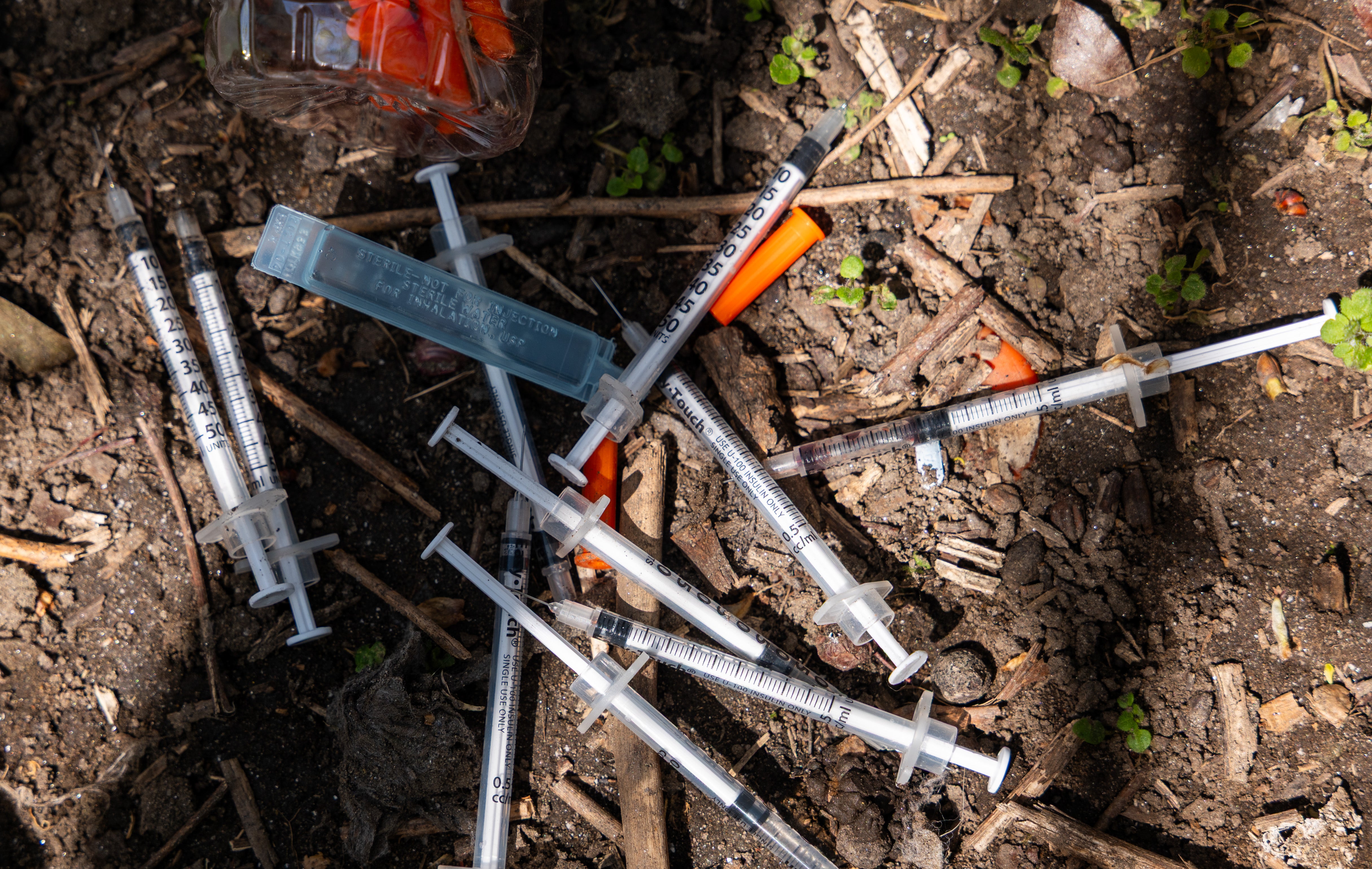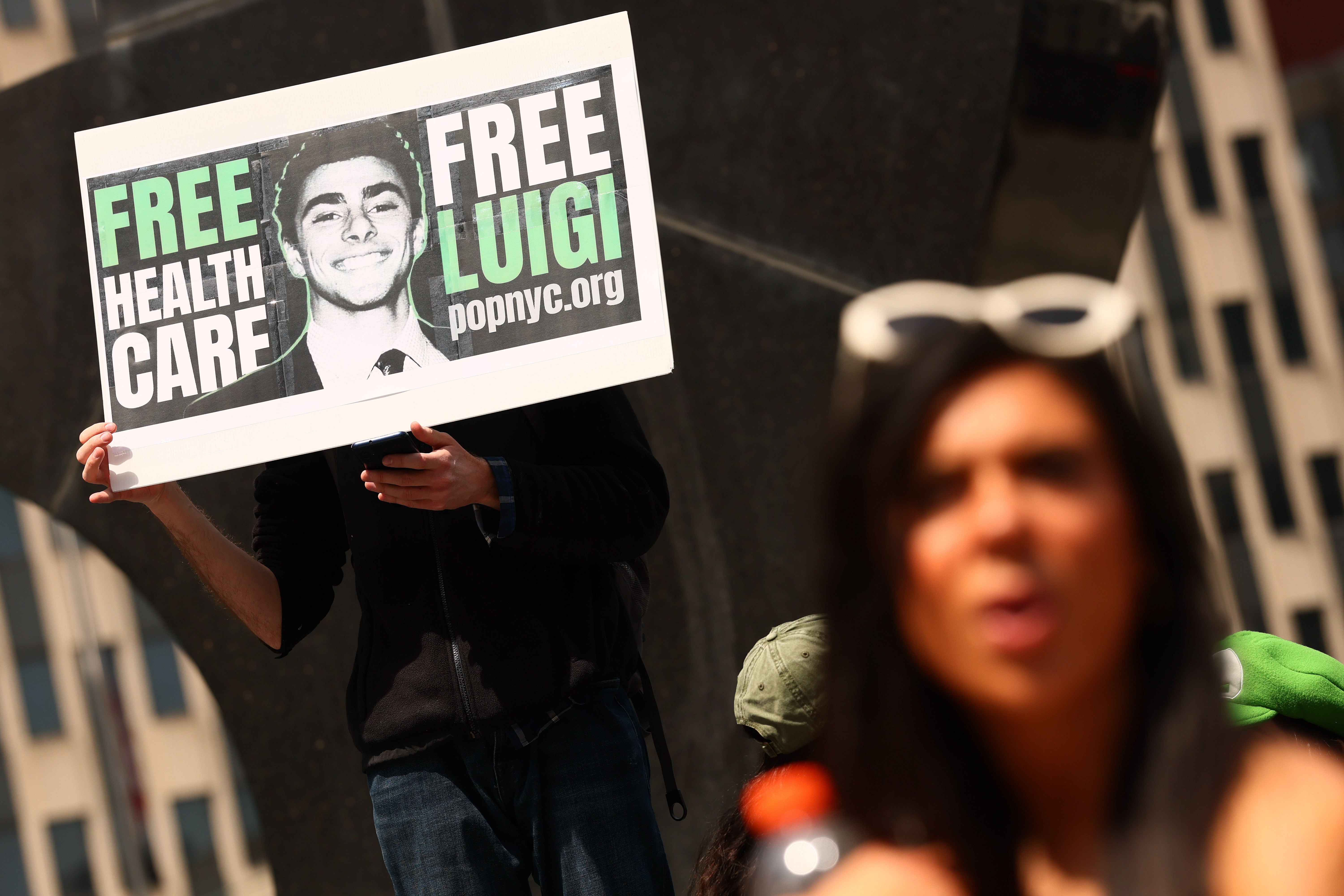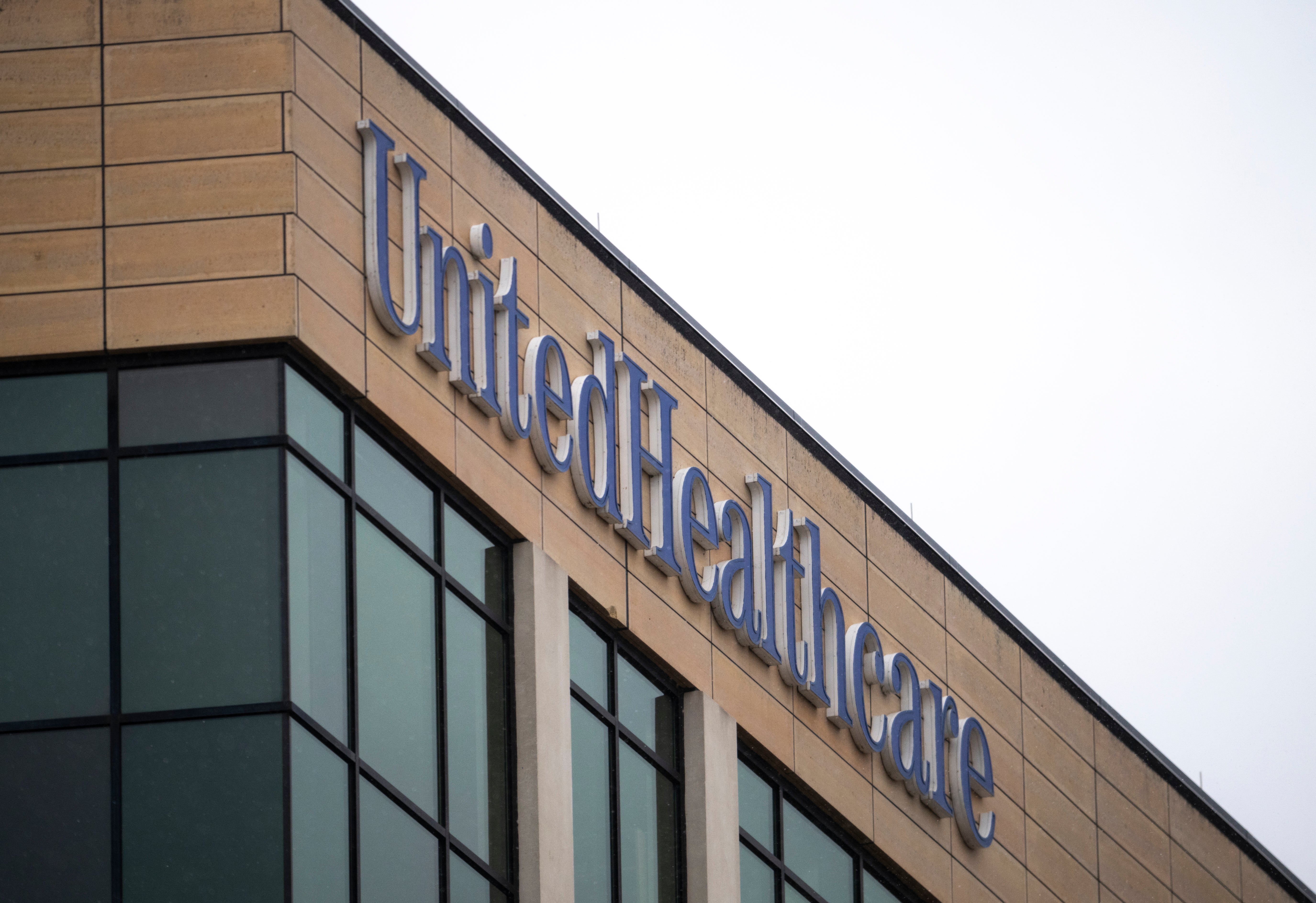Teen died of an overdose after UnitedHealthcare denied addiction treatment, heartbroken family says
Exclusive: “UnitedHealthcare’s denial of treatment for this boy was absolutely mind-blowing,” attorney Malcolm B. Futhey III told The Independent

A 16-year-old boy died of a drug overdose after his health insurer allegedly refused to pay for him to go to a residential substance abuse program – an “outrageous” decision the late teen’s heartbroken family say killed their son.
In a scathing federal lawsuit obtained by The Independent, the Tennessee couple accuse UnitedHealthcare of, among other things, gross negligence, recklessness, and intentional misconduct, arguing the company breached its duty to provide their child with the “medically necessary” inpatient addiction treatment he needed.
About two months before “John Doe” died, UnitedHealthcare sent his legal guardians a “callous denial letter” in response to their “desperate pleas” to get Doe a bed at a recovery facility that would also furnish much-needed psychotherapy, according to the suit.
The missive from UnitedHealthcare, the suit goes on, “gave this shocking reason for denying the request: ‘You have not tried all lower levels of care available in your area. You can learn to control your behaviors and stay at home. You can learn coping skills in your home. Your family can support you as you get treatment.’”

However, UnitedHealthcare’s argument fell flat, the lawsuit contends. The need for residential care “was glaringly obvious from John Doe’s medical history and condition,” it says.
“Because he did not receive the medically necessary treatment… John Doe died of a drug overdose on May 30, 2024,” it states, describing UnitedHealthcare’s denial of coverage as “the proximate and actual cause” of Doe’s death.
“UnitedHealthcare’s denial of treatment for this boy was absolutely mind-blowing,” the family’s attorney, Malcolm B. Futhey III, told The Independent. “His past treatment clearly indicated he needed residential mental-health care. UnitedHealthcare coldly refused such treatment suggesting that he ‘learn to control [his] behaviors and stay at home.’ He then soon died. All that's left to show for his death so far are UnitedHealthcare's savings. His family intends to change that.”
Doe’s parents are out of the picture, and two other relatives were appointed to be his guardians, Futhey said.
A UnitedHealthcare spokesperson, as well as the lawyer defending UnitedHealthcare in the lawsuit, did not respond to requests for comment.

Doe’s guardians, who are identified in court filings as Jane Doe 1 and John Doe 2, and his sister, Jane Doe 2, declined, via Futhey, to be interviewed.
Amid deep resentment among Americans at health insurers, primarily over denied claims, UnitedHealthcare reported record profits in 2024. According to data compiled by the Kaiser Family Foundation, UnitedHealthcare rejects claims at a 33 percent rate, the second-highest in the nation. (The company says it in fact pays “about 90 percent of medical claims upon submission.”) UnitedHealthcare is presently embroiled in a class-action suit involving allegations it used a faulty AI algorithm to wrongfully deny member claims; at the same time, the cost of health insurance has hit historic highs.
Last December, UnitedHealthcare CEO Brian Thompson was fatally gunned down in Midtown Manhattan as he headed to an annual investors’ conference. Luigi Mangione, the Ivy League-educated Pennsylvania man accused of the crime, subsequently became a folk hero to some. Mangione, who is facing the death penalty and has pleaded not guilty, was not insured by UnitedHealthcare, according to the company. Investigators have not publicly released an official motive for the killing.
“Thoughts and deductibles to the family,” one online commenter wrote. “Unfortunately, my condolences are out of network.” Others posted horror stories about their own experiences with UnitedHealthcare.
“Remembering the day United Healthcare denied a one-night hospital stay for my 12yo child as ‘medically unnecessary’ following ASD heart repair surgery,” one mother posted on social media. “I was apoplectic with rage.”

“Today I’m thinking about the time United Healthcare suddenly decided to stop paying for my chemotherapy and didn’t bother telling me, so the nurses had to tell me when I checked in at the cancer center for my next treatment,” someone else posted.
In John Doe’s case, his guardians had “repeatedly requested” that UnitedHealthcare approve a stay to treat his drug and mental health issues in a residential treatment center, a level of care their lawsuit says was medically necessary. Doe was covered by TennCare, Tennessee’s state Medicaid program for low-income families, which is administered and managed by UnitedHealthcare, according to the suit.
Under the arrangement, Tennessee pays UnitedHealthcare a set monthly amount for each TennCare recipient. UnitedHealthcare earns a profit if it pays out less in provider fees than it gets from the state, the lawsuit explains.
“John Doe had a drug addiction for which he had repeatedly received… acute treatment,” the suit states. “However, UnitedHealthcare never approved the medically necessary [residential treatment]... UnitedHealthcare's wrongful actions caused the death of 16-year-old John Doe.”
Doe’s guardians and sister are now seeking compensatory damages of at least $10 million from UnitedHealthcare, for pain, mental anguish, suffering, loss of companionship, medical expenses, and lost wages, and double that amount in punitive damages.